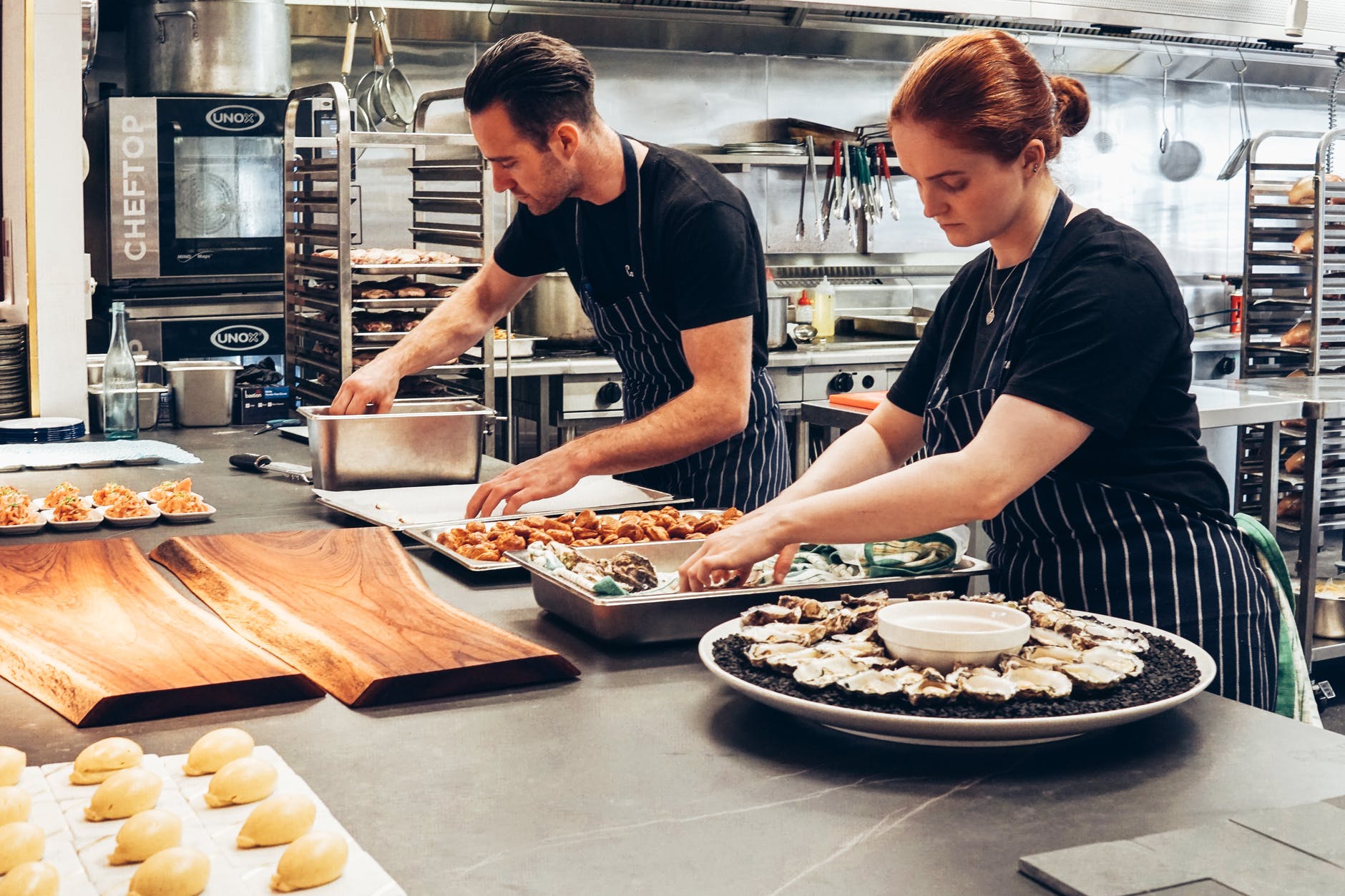Food
Food And Beverage Service – The Complex And Dynamic Food Business

Food and Beverage are closely related terms. Food is a liquid prepared for human consumption intended for consumption. In addition to their primary function of satisfying hunger, food plays other roles in society. The foods we eat are considered a reflection of culture and class. Common forms of food available to people include bread, pasta, cereal, soup, ice cream, beef, poultry, fish, rice, noodles, potatoes, and vegetables.
The economic definition of the term “food” may also be used to describe the market costs associated with the production and distribution of a food item. If the production of the food items costs more than the potential sales at retail, it would then be categorized as a consumable good or service requiring an inventory charge. The costs of producing the product, and the profits realized from its sale, are considered part of the food cost component of the gross sales price. Food and beverage supplies are one of the few businesses that are not generally considered consumable goods or services.
The food and beverage industry is a U.S. multi-billion dollar industry. Among the largest, food services encompass dining establishments, bars, cafeterias, hotels, resorts, cruise lines, resorts, theme parks, medical care providers, and beverage manufacturers. The beverage industry includes beer, spirits, specialty wines, soft drinks, fruit juices, milk, and coffee. In the past, most food and beverage sales were made by restaurants, hotels, motels, and fast-food chains. Today, many of these same establishments are increasingly creating home delivery services, allowing guests to order a meal without traveling to the restaurant.
Food and beverage operations often serve as a business segment that caters to a specific social setting. Fast food restaurants that serve burgers, sushi, and other foods that are readily available at local restaurants are different than those that focus on fine cuisine and wine. Many upscale hotels and resorts offer fine dining and cocktails for guests. Some offer additional services such as fitness centers and other in-house amenities.
The food and beverage industry is experiencing strong growth, especially during holiday seasons and special occasions. Sales are up year-over-year and guest numbers are consistently growing. As the holiday season approaches, more people begin to realize that they need to take care of their bodies, and the food and beverage service industry is there to provide nourishment and a pleasant experience to guests. During the holiday season, restaurants experience an increase in sales as guests become accustomed to the holiday tradition of spending time with family and friends while enjoying a delicious meal. Additionally, some hotels and resorts offer special holiday packages that include a holiday meal, rent of the space, and access to other amenities, all designed to provide an experience beyond the traditional meal.
The food and beverage industry is undergoing rapid changes and growth. The beverage industry will continue to expand into new markets, including Asian markets and Latin America, as well as continue to provide personalized options and value based on individual preferences. The goal for the hospitality industry remains to provide the best guest experiences to keep guests coming back for more. Restaurants, hotels, and resorts will continue to offer options that meet the needs of a diverse clientele while maintaining standards of personalization and excellence.
-

 Business6 days ago
Business6 days agoS&P 500 Soars in Best May in Decades Amid Tariff Relief and Nvidia’s Surge
-

 Immigration6 days ago
Immigration6 days agoTrump’s Immigration Crackdown: Legal Battles and Policy Shifts
-

 Business6 days ago
Business6 days agoUS Stock Market Soars in May Amidst Tariff Tensions and Inflation Worries
-

 Government6 days ago
Government6 days agoTrump Administration’s Government Reshaping Efforts Face Criticism and Legal Battles
-

 Business6 days ago
Business6 days agoTrump’s Tariffs: A Global Economic Reckoning
-

 Foreign Policy4 days ago
Foreign Policy4 days agoInside Schedule F: Will Trump’s Federal Workforce Shake-Up Undermine Democracy?
-

 Press Release3 days ago
Press Release3 days agoIn2space Launches Campaign to Make Space Travel Accessible for All











